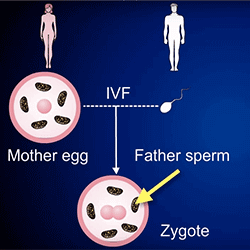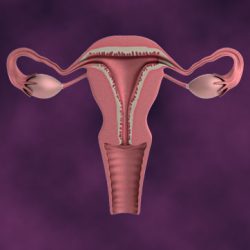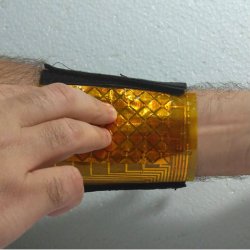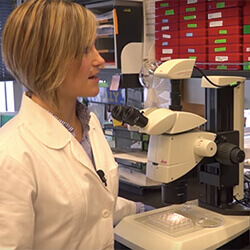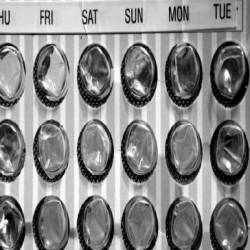3-Parent IVF Updates: First Baby Born in Mexico and UK Clinic Approved for Procedure
Gene replacement technique prevents inherited genetic disorders.
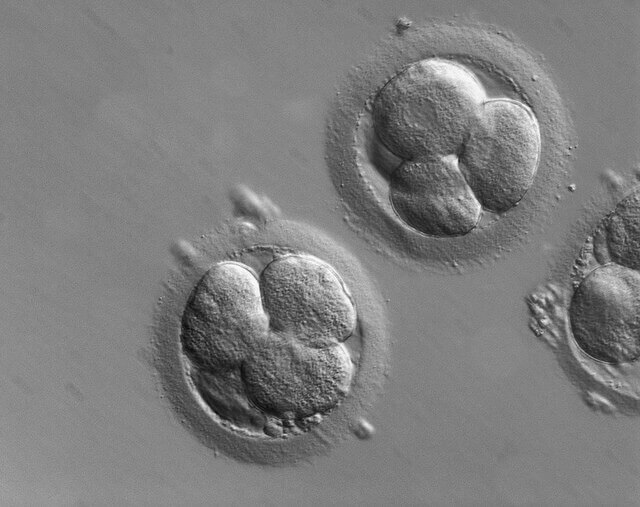 |
The new three-parent in vitro fertilization (IVF) procedure designed to assist those with inherited genetic conditions has received two important updates: the first being a stamp of governmental approval and the second is news of the first successful birth using the technique.
As we’ve reported previously, the process was first developed as a proof-of-concept back in 2010 by Newcastle University researchers.
The three-parent technique uses a second egg donor’s DNA to replace the original mother’s mitochondrial DNA, swapping out any genes that carry the potential for genetic disorders. The so-called “third parent” comes in when sperm is then used to fertilize the modified egg.
In June 2016, the head of the Newcastle team, Professor of Neurology, Doug Turnbull, stated they had successfully performed the procedure over 200 times in the lab—meaning that human trials wouldn’t be that far off.
The first baby born of three parents
Then came news, from New Scientist, that back in April 2016 the first birth was achieved using this method.
The boy was born in Mexico to Jordanian parents and the procedure was overseen by John Zhang from the New Hope Fertility Center based in New York City. Mexico was chosen as the technique has yet to be approved in the United States.
A governmental go-ahead
The Scientific American also reports that the Newcastle team has recently been licensed to proceed with human subjects from the Human Fertilisation and Embryology Authority (HFEA) in the United Kingdom.
With this official approval from a governing body, plus the birth of the first baby, more than likely we’ll soon be seeing the three-parent technique joining other valuable tools in the fight against genetic disorders.
As Turnbull said previously, “We are working as hard as possible to make this available to patients.”
Image Sources: ZEISS Microscopy
Leave a reply
You must be logged in to post a comment.









